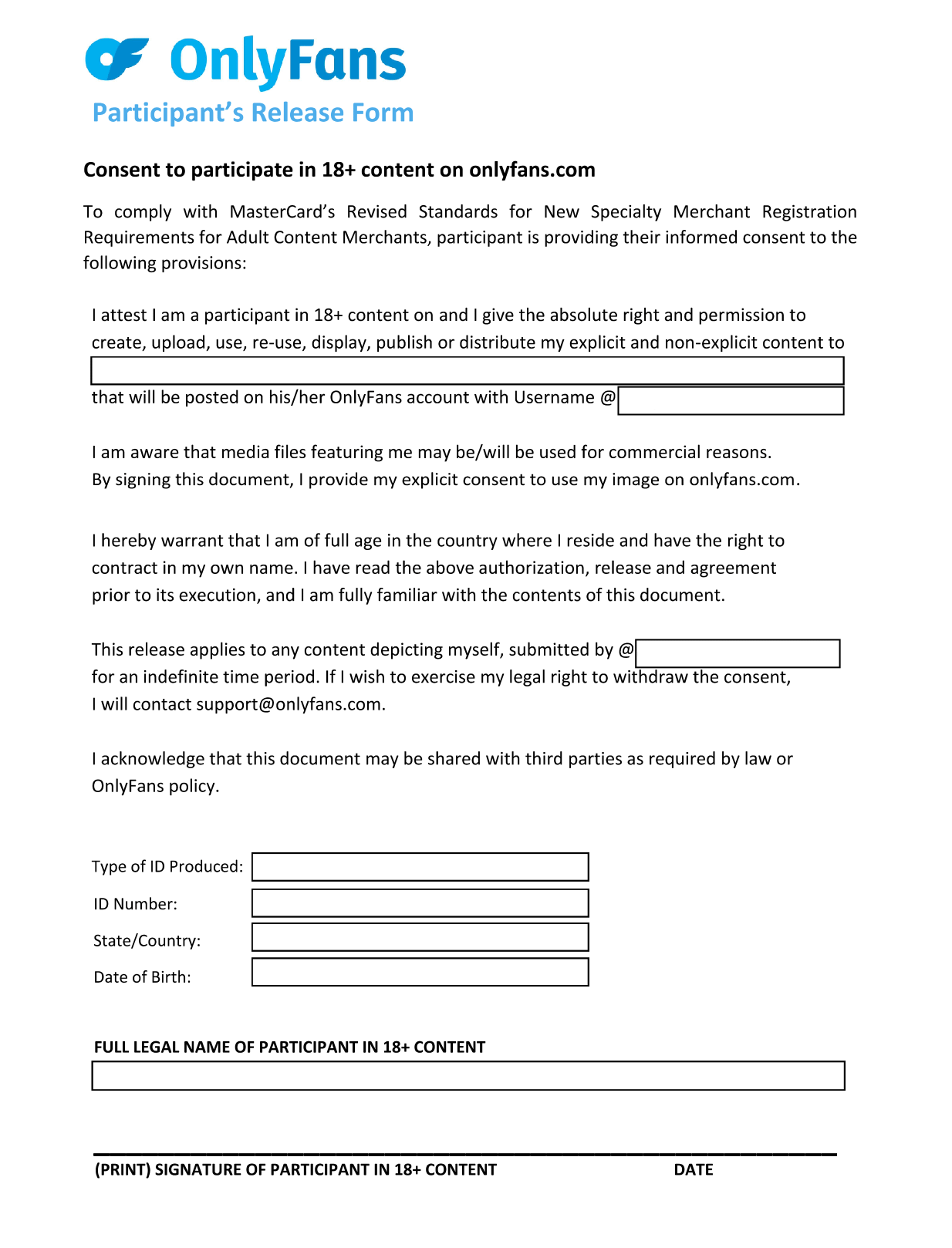Main Points Of Federalist 78

In the realm of American political history, few documents have had as profound an impact as the Federalist Papers. Among these seminal essays, Federalist 78 stands out as a cornerstone of constitutional law and judicial philosophy. Penned by Alexander Hamilton, this treatise delves into the intricacies of the judicial branch of the federal government, presenting a compelling case for an independent judiciary. The main points of Federalist 78 can be encapsulated within several key themes and arguments that Hamilton skillfully interweaves to bolster the significance of a robust judicial system within the framework of the U.S. Constitution.
Introduction to the Judiciary’s Role
Hamilton commences by emphasizing the importance of the judiciary in the newly proposed federal system. He underscores that the judicial branch is designed to be a coequal part of the government, alongside the legislative and executive branches, thereby ensuring a balanced distribution of power. This balance is crucial for the protection of individual rights and the stability of the federal system. Hamilton’s introduction sets the stage for a nuanced exploration of the judiciary’s functions and its position within the federal structure.
The Judiciary as the Weakest Branch
One of the pivotal arguments Hamilton presents is the notion that the judiciary is inherently the weakest of the three branches of government. This assertion may seem counterintuitive, given the significant role the judiciary plays in interpreting laws and ensuring constitutional adherence. However, Hamilton’s reasoning is rooted in the fact that the judiciary lacks the power of the purse (a function of the legislative branch) and the power of the sword (a function of the executive branch). This inherent weakness, Hamilton argues, makes the judiciary less susceptible to abuse of power, as it must rely on the other branches to enforce its decisions.
Independence of the Judiciary
The independence of the judiciary is another crucial theme in Federalist 78. Hamilton advocates for a judiciary that is insulated from the political whims of the day, suggesting that judges should be appointed for life, provided they exhibit good behavior. This independence, Hamilton posits, allows judges to make rulings based on the law, rather than political expediency or personal interests. He believes that this structure will enable the judiciary to act as a bulwark against legislative and executive overreach, protecting the Constitution and individual rights from violation.
The Judiciary as a Defender of the Constitution
Hamilton further argues that the judiciary has a critical role in defending the Constitution against legislative infringements. He suggests that the judiciary’s power to declare laws unconstitutional (judicial review) is a necessary check on the legislative branch, preventing it from abusing its power. This concept of judicial review, while not explicitly mentioned in the Constitution, is implied by Hamilton as an essential component of the system of checks and balances. By vesting the judiciary with this power, Hamilton believes that the Constitution can be safeguarded against alterations that might undermine its principles or the rights it guarantees.
Conclusion: The Judiciary’s Essential Role
In conclusion, Federalist 78 presents a robust defense of the judiciary as an indispensable element of the federal system. Hamilton’s arguments underscore the judiciary’s unique position and role in ensuring that the government operates within the bounds of the Constitution. By emphasizing the judiciary’s independence, its role in checking the other branches, and its duty to protect the Constitution, Hamilton makes a compelling case for a strong and independent judiciary. This essay, alongside the other Federalist Papers, has significantly influenced American political thought and the development of constitutional law, providing a foundation for the United States’ system of government that endures to this day.
What is the main argument of Federalist 78 regarding the judiciary?
+Alexander Hamilton argues that the judiciary is the weakest branch but is crucial for the system of checks and balances and for protecting the Constitution and individual rights.
Why does Hamilton believe the judiciary should be independent?
+Hamilton believes that judicial independence, ensured through lifetime appointments, allows judges to make decisions based on the law rather than political considerations, thus safeguarding the Constitution and individual rights.
What role does Hamilton envision for the judiciary in defending the Constitution?
+Hamilton sees the judiciary as a critical defender of the Constitution, particularly through the power of judicial review, which enables it to check the legislative branch and prevent constitutional violations.



